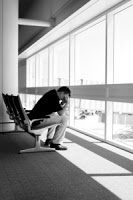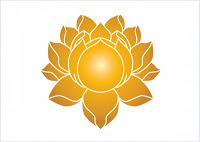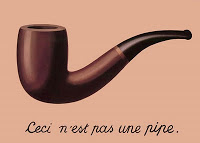“My body was telling me not to leave. I didn’t listen…”
As I sat in meditation this morning a memory passed like a freight train through my mind:
I walked down the hallway to the shop, and bought a paper and a bottle of water. It must have taken me 3 – 5 minutes, but when I returned, the lounge was empty! The strangest feeling came over me – the heaviness in my body was now accompanied by a feeling of complete emotional emptiness, as if every cell in my body was hollow – as I realized what was about to happen.
would she radio the plane and ask the cabin crew if I could go down…
my wife was going away, my father was dying, please, I needed to get on that plane.
I put my feelings before his. How utterly selfish.
“The foot feels the foot when it feels the ground.”
And again I learnt that my Father was a great teacher.
(If you enjoyed this article, you might like: Tribute to my Father.)



